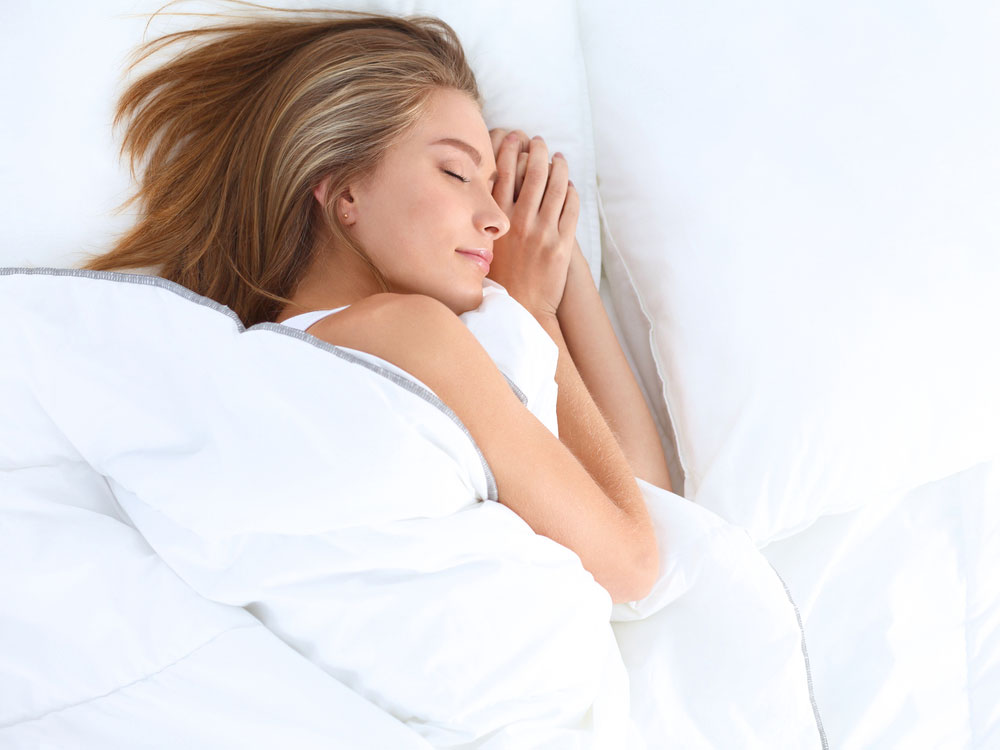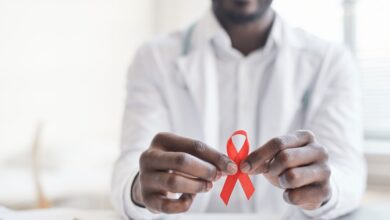Health
5 Ways Food Affects Your Sleep

Many of us have been advised not to go straight to bed after having food because it somewhat disrupts our sleep.We have also been told that a glass of milk before bed is good to help one sleep. Sleep is a very important part of human health as it is a process that helps functionality. There has been so much advice on what helps people sleep better or causes of lack of sleep. Did you know that apart from that glass of milk, there are foods that affect your. Find out below how food affects your sleep.

1. Caffeine
For those who work long hours or are studying, there is a tendency to rely on caffeinated beverages such as coffee, tea or energy drinks. However, caffeine causes insomnia and restlessness. Caffeine can also be found in chocolate, cough and cold medicine, so you might need to actually take care of your consumption of such.
2. Alcohol
Alcohol consumption can result in nighttime wakefulness.
3. Sugar
Sugar is sweet and is great energy booster however it can cause uneven blood sugar levels. This in turn can disrupt sleep in the middle of the night as blood sugar levels fall.
4. Foods rich in vitamin B6
Foods rich in vitamin B6 such as wheat germ, sunflower seeds, and bananas. These foods enhance the body’s conversion of a component that helps a person sleep.
5. Eat magnesium-rich foods
The mineral magnesium is a natural sedative. Deficiency of magnesium can result in difficulty sleeping, constipation, muscle tremors or cramps, anxiety, irritability, and pain. Foods rich in magnesium are legumes and seeds, dark leafy green vegetables, wheat bran, almonds, cashews, blackstrap molasses, brewer’s yeast, and whole grains.




